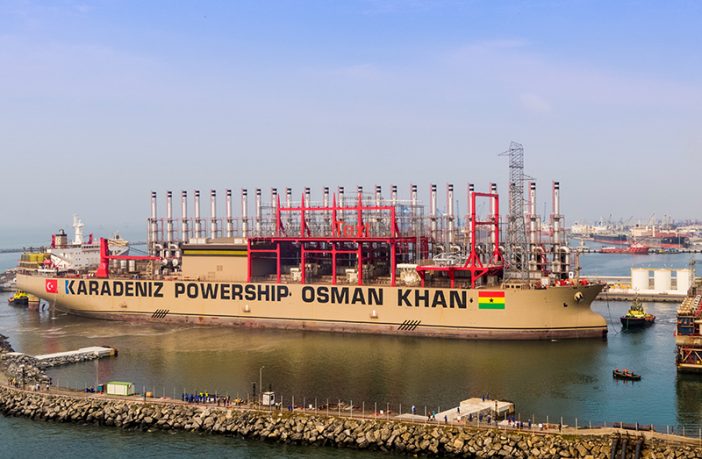- The South African contract Karpowership is chasing could be a game-changer for the group, making Eskom its largest client globally.
- What will we pay and how much will the Turkish conglomerate pocket?
One well-publicised estimate puts the cost of the South African Karpowership contracts over 20 years at more than R200-billion. This number is simply the “evaluation tariff” the company provided when it bid for allocations under the emergency Risk Mitigation Independent Power Producer Procurement Programme (RMI4P), multiplied by the absolute maximum amount of power Eskom can buy from the company in terms of the programme’s rules*.
This comes to R225.7-billion over 20 years or R11.3-billion per year.
The RMI4P rules also provide for a minimum guaranteed “take or pay” element where Eskom has to pay for a certain amount of power, irrespective of whether it actually needs it.
This is equal to 70% of the maximum possible sales, ie, R7.9-billion per year or R158-billion over 20 years.
This is the revenue at the level of the local subsidiary Karpowership SA which is 49%-owned by a local consortium. All of that comes from Eskom.
These, however, are ballpark figures because the actual tariff Karpower and other bidders will charge is tied to reigning gas prices, among other conditions.
These figures represent revenue, which is a good measure of what Eskom will pay, but a bad measure of how much money Karpowership will make.
Read more of this exclusive story from the amaBhungane Centre for Investigative Journalism HERE
















